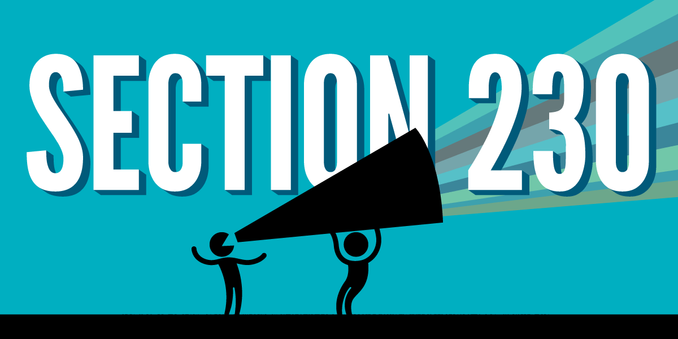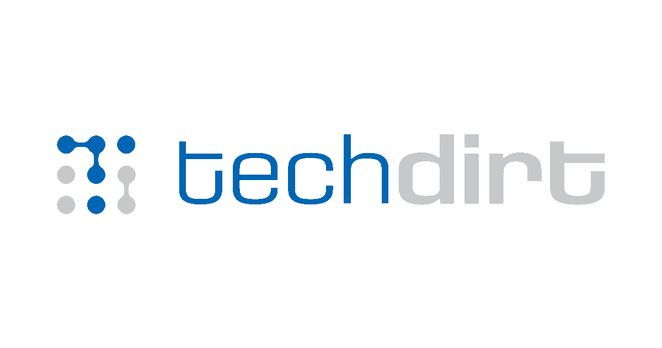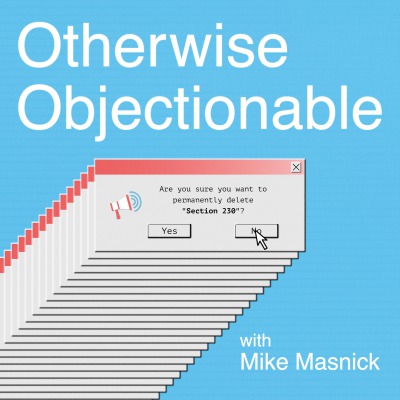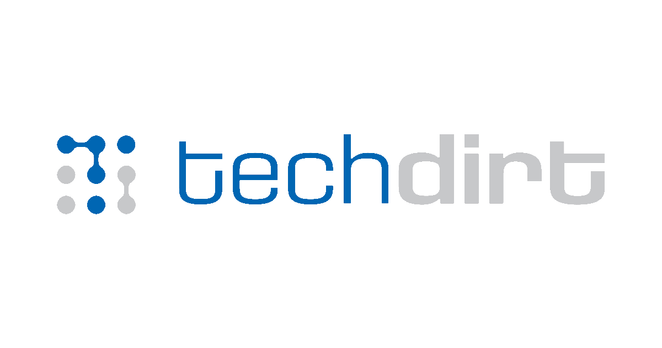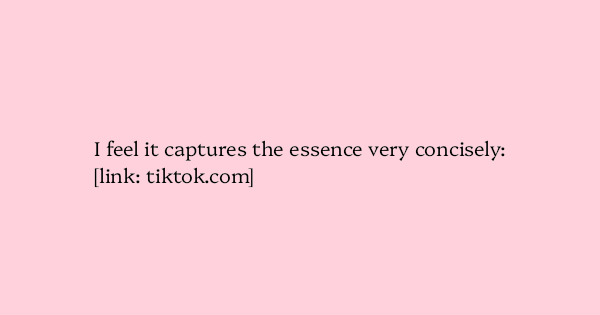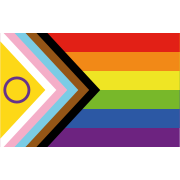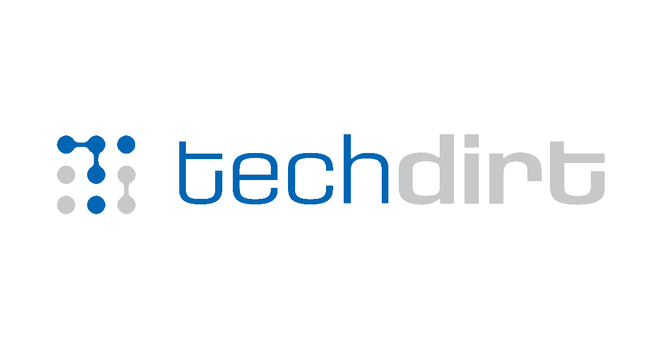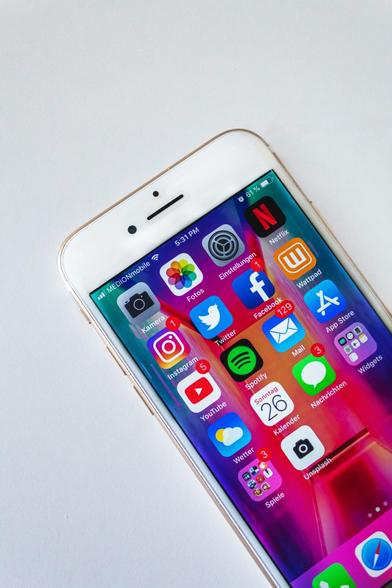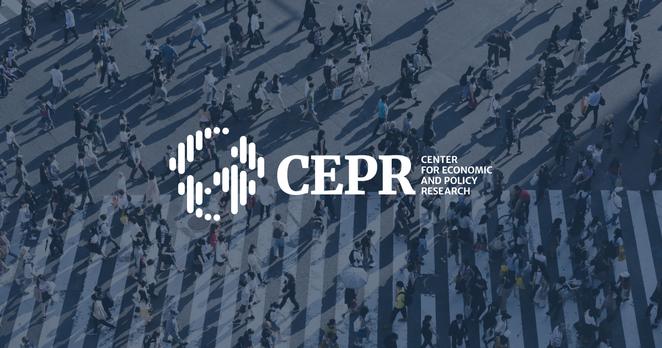"Once again, several Senators appear poised to gut one of the most important laws protecting internet users - Section 230 (47 U.S.C. § 230).
Don’t be fooled - many of Section 230’s detractors claim that this critical law only protects big tech. The reality is that Section 230 provides limited protection for all platforms, though the biggest beneficiaries are small platforms and users. Why else would some of the biggest platforms be willing to endorse a bill that guts the law? In fact, repealing Section 230 would only cement the status of Big Tech monopolies.
As EFF has said for years, Section 230 is essential to protecting individuals’ ability to speak, organize, and create online.
Congress knew exactly what Section 230 would do – that it would lay the groundwork for speech of all kinds across the internet, on websites both small and large. And that’s exactly what has happened.
Section 230 isn’t in conflict with American values. It upholds them in the digital world. People are able to find and create their own communities, and moderate them as they see fit. People and companies are responsible for their own speech, but (with narrow exceptions) not the speech of others."
https://www.eff.org/deeplinks/2025/03/230-protects-users-not-big-tech
